
News about Science
Viser 1825 til 1848 af 3166 dokumenter.

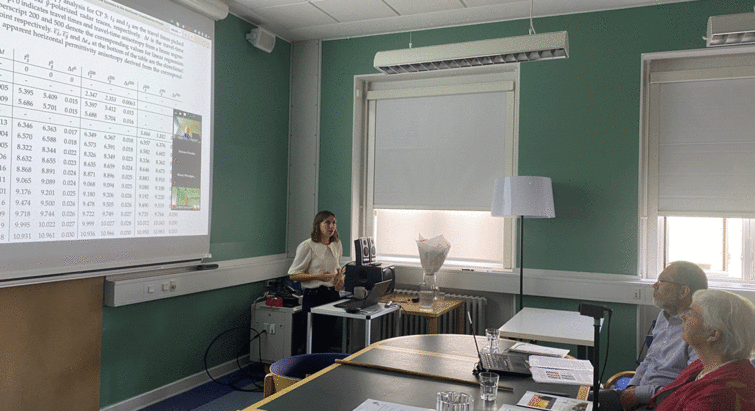
Congratulations to Tamara Gerber
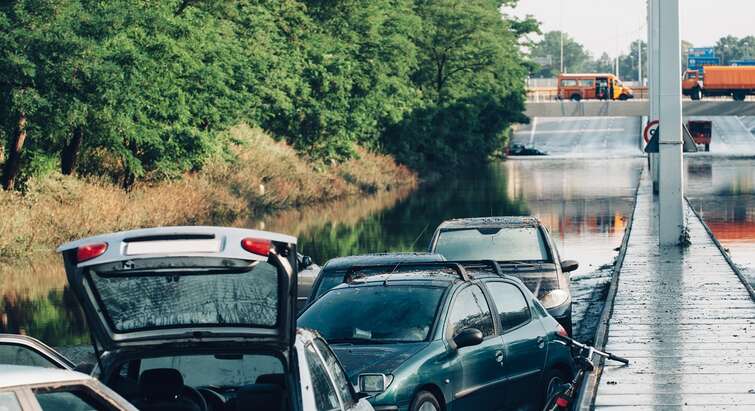
Global warming doubled the risk for Copenhagen’s historic 2011 cloudburst

Global warming doubled the risk for Copenhagen’s historic 2011 cloudburst

Jonathan Schubert

Tamara Annina Gerber

Master student discovers a group of galaxies clustered together in the early Universe
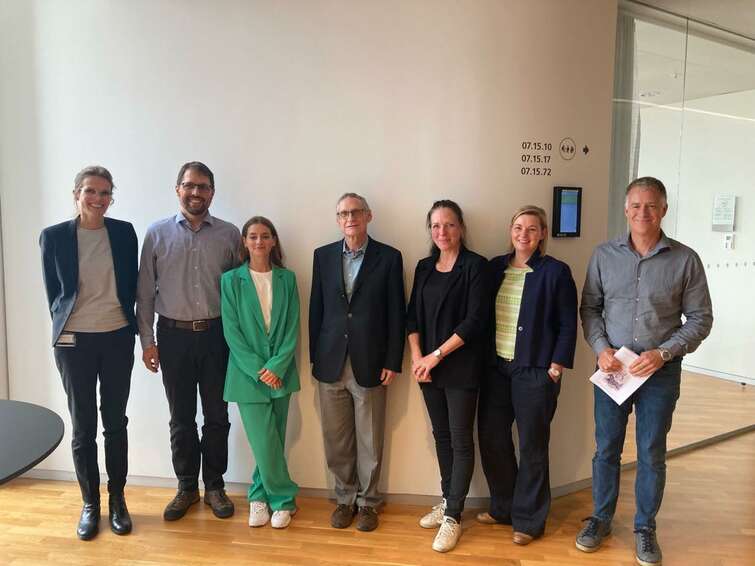
PhD defense Sarah Nissen
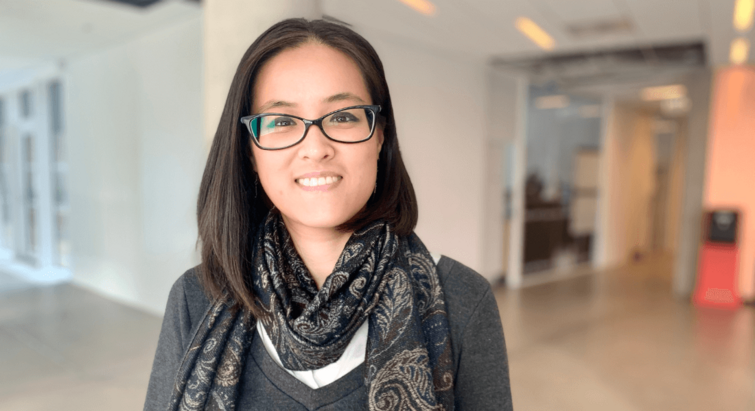
Researcher: Cultural aspects of quantum theory are missing in physics classes
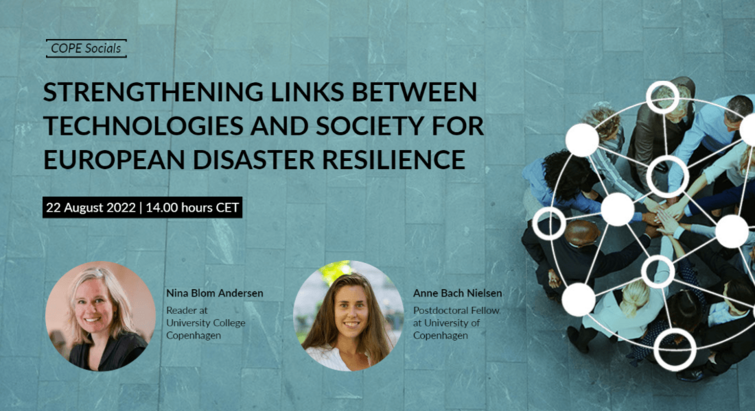
Strengthening links between technologies and society for European disaster resilience
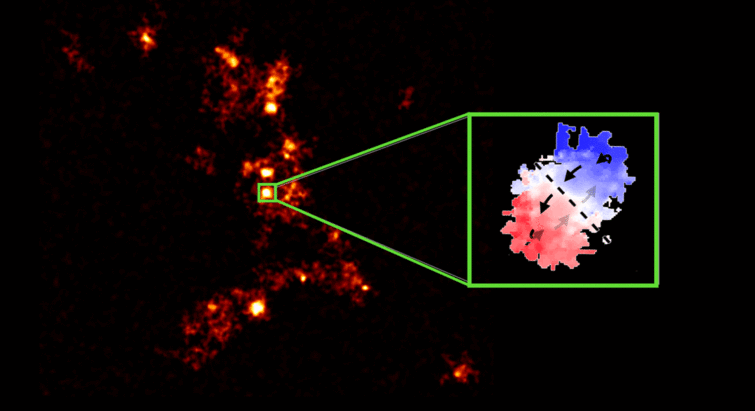
Astronomers discover a swarm of galaxies orbiting a hyper-luminous galaxy
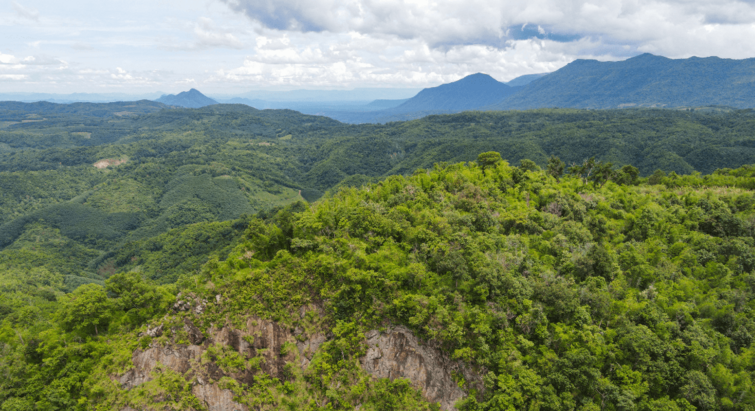
New field expedition to Ecuador
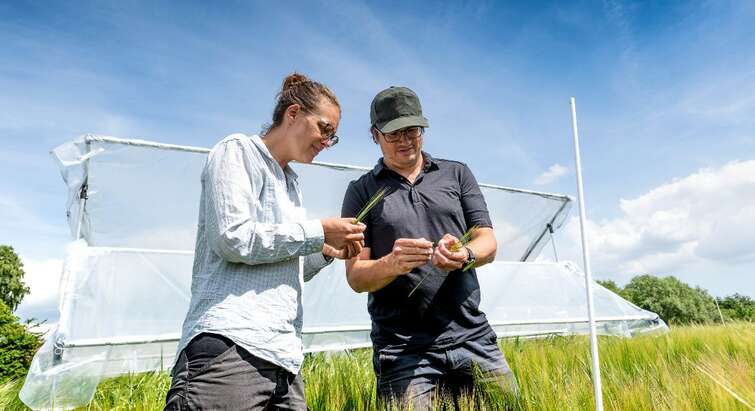
Two grains, mutual gain: surviving drought through varietal collaboration

Villum Experiment supports a new unconventional EvoChip project
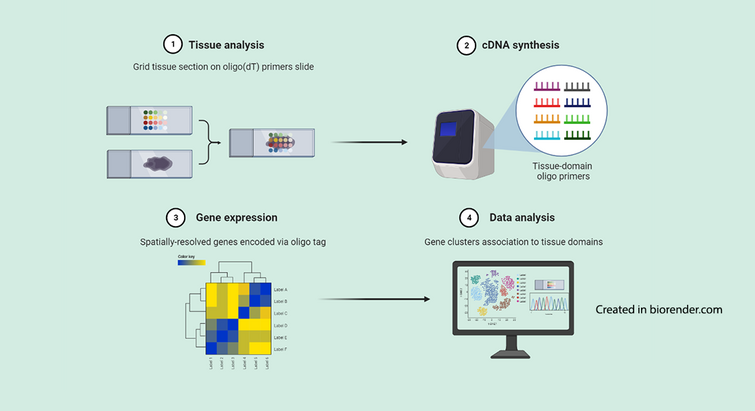
CellX Infrastructure Network strengthens single cell omics in Denmark and at BRIC

Call for Papers: Crossing Borders and Fostering Collaborations
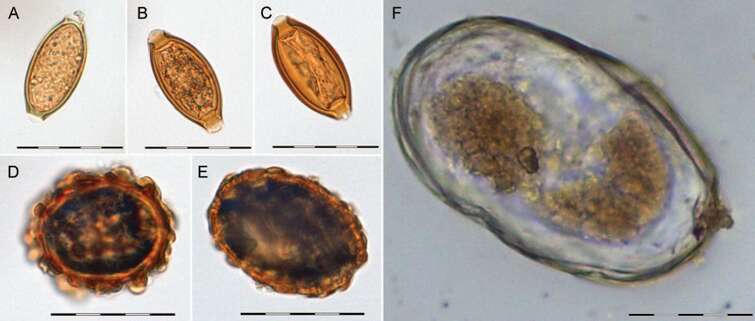
DNA in Viking poop sheds new light on 55,000-year-old relationship between gut companions
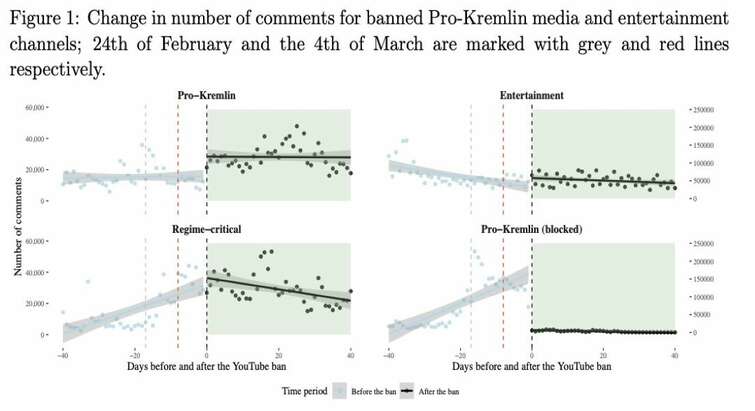
New data memo on YouTubes ban of Russian state media

Ngo Ying Lo

Emma Karin Lyeteg Lund
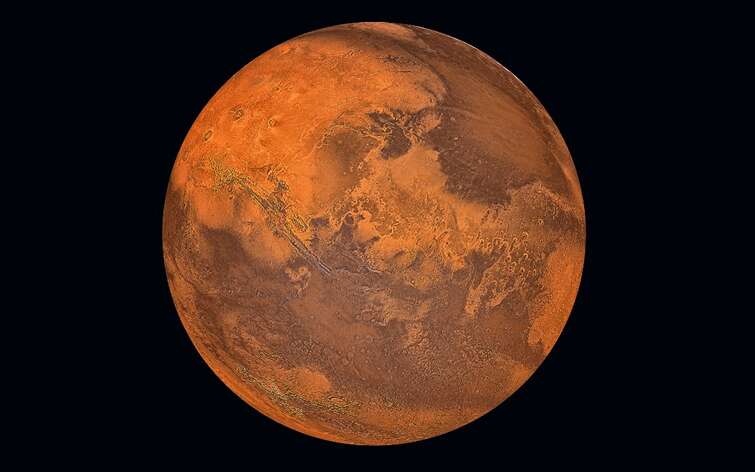
Martian oxygen factory passes first major test

Martian oxygen factory passes first major test

NCSU recruits new postdoc Raven Bough

